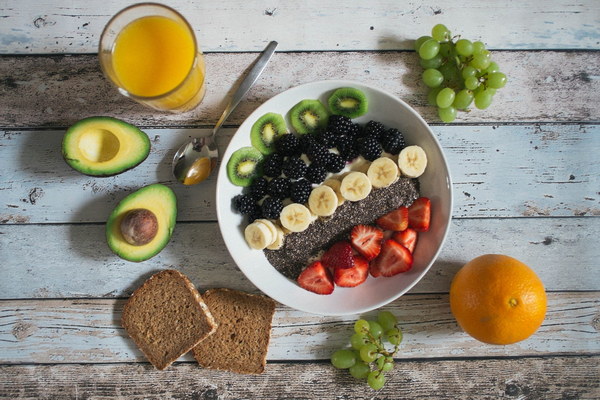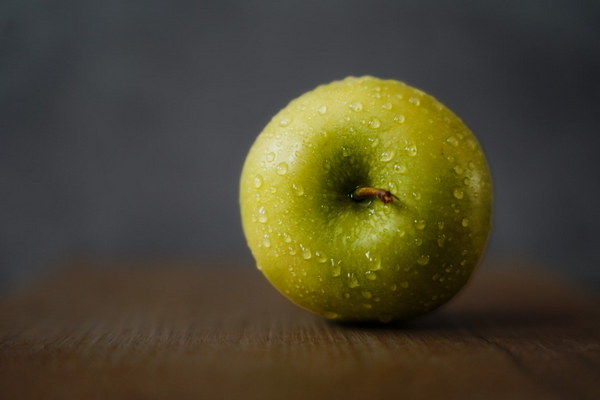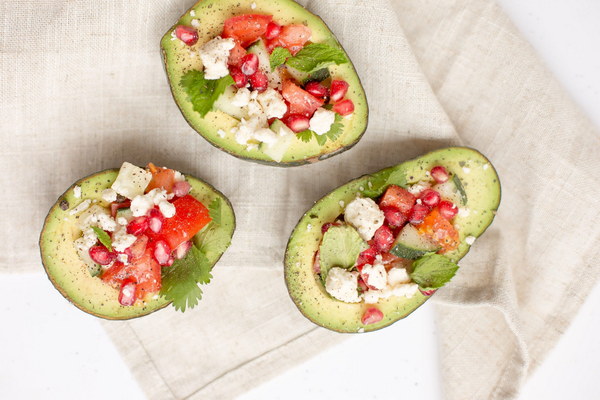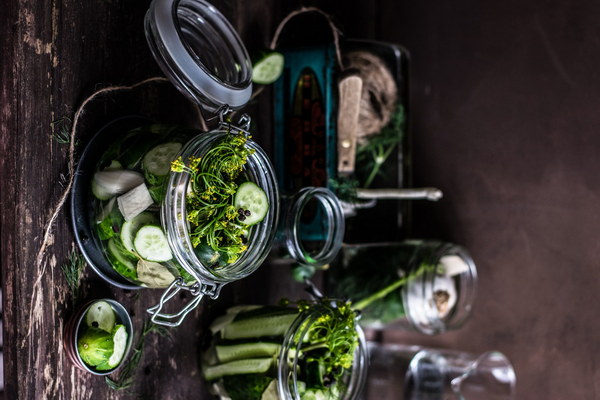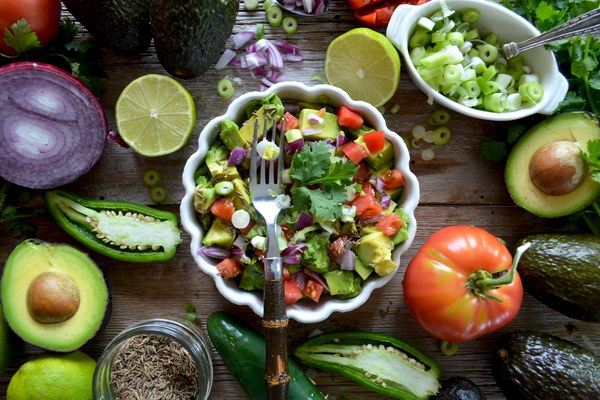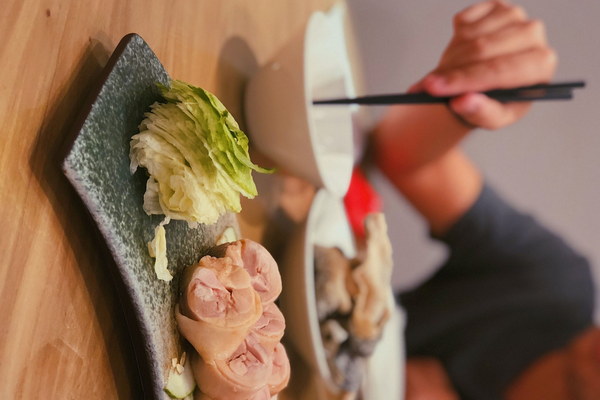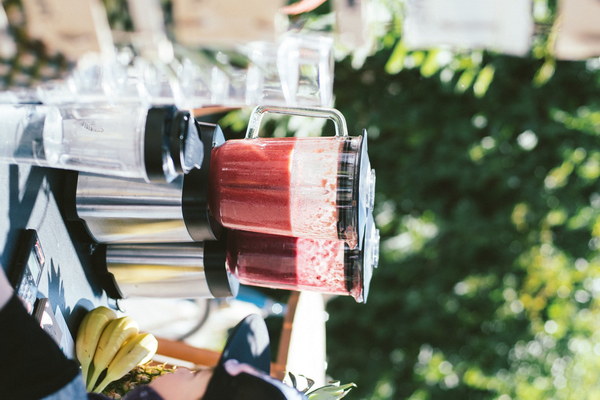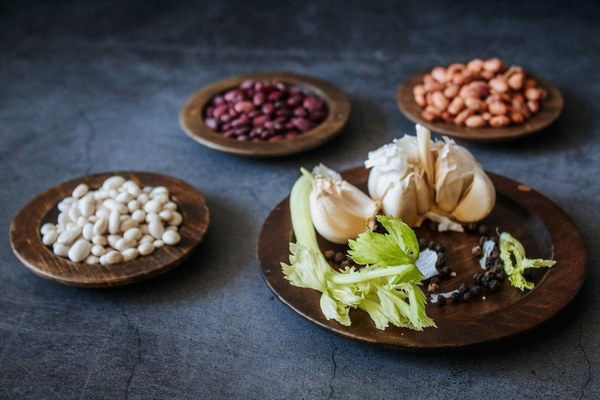Nourishing the Soul and Body How Shanghainese Embrace Winter tonics in the Cold Season
In the heart of winter, as the chill of the season envelops the bustling streets of Shanghai, locals embark on a traditional ritual of nourishing their bodies and souls through the art of winter tonics. This ancient practice, deeply rooted in Chinese medicine, is a testament to the Shanghainese commitment to health and wellness, even amidst the fast-paced urban life.
The Cultural Significance
Winter tonics, known as Bu Yang in Chinese, are a cornerstone of Shanghainese winter culture. The philosophy behind this practice is to counteract the cold's dampening effects on the body, which can lead to weakness and illness. By consuming warming foods and herbs, Shanghainese aim to strengthen their immune systems and maintain balance throughout the coldest months.
Traditional Remedies
The shelves of Shanghai's traditional pharmacies and markets are lined with an array of ingredients designed to fortify the body during winter. Some of the most popular tonics include:
- Ganoderma Lucidum (Reishi): Often hailed as the King of Herbs, Reishi is believed to boost the immune system and enhance overall vitality.
- Astragalus Root: This herb is prized for its ability to increase energy and improve resistance to colds and flu.
- Goji Berries: Known for their immune-boosting properties, goji berries are a favorite among the health-conscious.
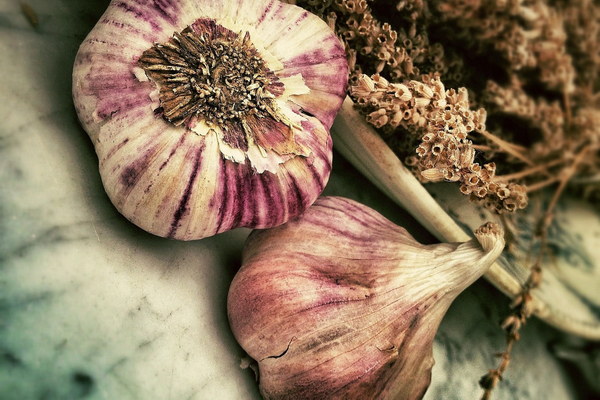
- Dong Quai: Often referred to as female ginseng, Dong Quai is used to balance hormones and support women's health.
- Ginseng: A staple in Chinese medicine, ginseng is believed to enhance mental and physical stamina.
Culinary Approaches
Shanghainese culinary traditions are woven into the fabric of winter tonics, with a focus on warm, comforting dishes that not only taste delicious but also provide health benefits. Here are a few classic winter recipes:
- Congee: A thick, porridge-like rice dish that is easy to digest and packed with nutrients. It's often made with ginger and other herbs to add warmth and boost the immune system.
- Shou Sui Jiang: A spicy, savory sauce made from fermented soybeans, this condiment is used to flavor dishes and is believed to help ward off colds.
- Guangzhou-style Roast Duck: The succulent meat of this dish, often served with a side of scallion pancakes, is a hearty and warming meal perfect for the cold season.
Modern Interpretations
While traditional tonics remain popular, modern Shanghainese are also embracing more contemporary approaches to winter health. This includes incorporating superfoods such as chia seeds, acai berries, and turmeric into their diets, as well as engaging in regular exercise to maintain a healthy lifestyle.
The Winter Market Scene
During the winter months, Shanghai's markets come alive with the vibrant colors and rich aromas of fresh produce and herbs. Shoppers can be seen browsing for ingredients to prepare their own tonics or to purchase ready-made potions from local vendors. The market atmosphere is a celebration of the season and a testament to the enduring importance of winter tonics in Shanghainese culture.
Conclusion
The practice of winter tonics in Shanghai is more than just a seasonal ritual; it's a reflection of the city's deep connection to its cultural heritage and a commitment to well-being. As the winter chill sets in, the people of Shanghai continue to honor this tradition, savoring the warmth of their bodies and souls with every spoonful of their carefully crafted tonics.
